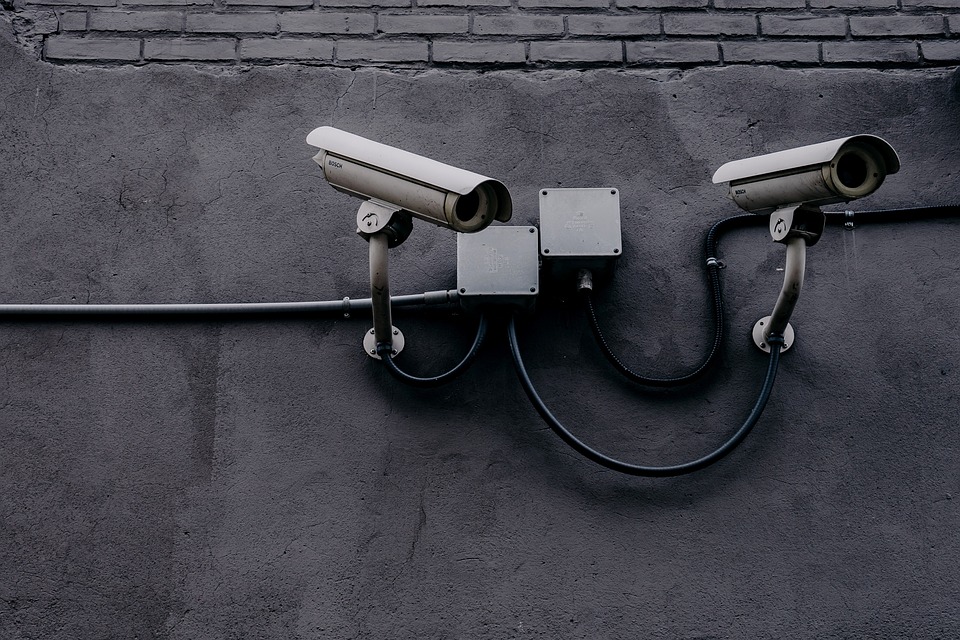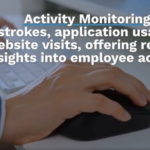In an era where digital tools are integral to workplace efficiency, employee computer monitoring has become increasingly common. However, this practice raises significant ethical questions. How can employers ensure they are respecting their employees’ privacy while maintaining security and productivity? SentryPC offers a solution that balances these needs by prioritising transparency and fairness. In this blog post, we explore the ethical aspects of employee monitoring and provide tips for implementing policies that respect employee privacy while ensuring security.
Understanding Ethical Concerns
- Privacy Issues: One of the primary ethical concerns in employee monitoring is the potential invasion of privacy. Employees might feel uncomfortable or distrustful if they believe their every move is being watched. This concern is particularly pertinent in monitoring personal activities during break times or after working hours.
- Trust and Transparency: Maintaining trust between employers and employees is crucial. Transparent monitoring practices can help foster a culture of trust, where employees understand the purpose and extent of the monitoring.
- Legal Considerations: Different regions have varying laws regarding employee monitoring, and companies must ensure compliance. This includes informing employees about the monitoring and obtaining their consent where necessary.
SentryPC’s Approach to Ethical Monitoring
- Transparency Features: SentryPC excels in providing clear notifications and consent options for employees. By informing employees that monitoring is taking place and explaining its purpose, SentryPC helps foster a transparent workplace environment.
- Customizable Monitoring: SentryPC allows businesses to tailor their monitoring practices to specific needs, ensuring that monitoring is relevant and not overly intrusive. Employers can select which activities to monitor and set parameters that align with their ethical standards.
- Data Security: The secure handling of monitored data is crucial to protecting employee information. SentryPC ensures that all data collected is stored securely and accessed only by authorised personnel, thus maintaining confidentiality.
Tips for Implementing Ethical Monitoring Policies
- Policy Development: Creating comprehensive monitoring policies that are clear and fair is essential. These policies should outline what will be monitored, how the data will be used, and the measures taken to protect employee privacy.
- Employee Involvement: Involving employees in the policy-making process can help ensure that the monitoring practices are accepted and understood. This can include seeking employee input and addressing any concerns they might have.
- Regular Reviews: Periodically reviewing and updating monitoring policies is important to adapt to changing laws, technology, and workplace dynamics. Regular reviews help ensure that the policies remain relevant and effective.
- Training and Communication: Training managers on ethical monitoring practices and effectively communicating the policies to all employees is crucial. Clear communication ensures that everyone understands the monitoring practices and their purpose.
Benefits of Ethical Monitoring
- Enhanced Productivity: Ethical monitoring practices can lead to improved productivity. When employees understand that monitoring is in place to ensure a fair and productive work environment, they are more likely to stay focused and on task.
- Legal Compliance: By following ethical monitoring practices and ensuring compliance with legal standards, businesses can avoid potential legal issues and create a safer work environment.
- Better Workplace Culture: Ethical monitoring contributes to a positive workplace culture. When employees feel respected and understand the reasons behind monitoring, it fosters a sense of trust and collaboration.
Balancing the need for security and productivity with respect for employee privacy is a complex but essential task for modern businesses. By developing clear policies, involving employees, and ensuring regular reviews and training, businesses can create a monitoring system that enhances productivity and trust.


